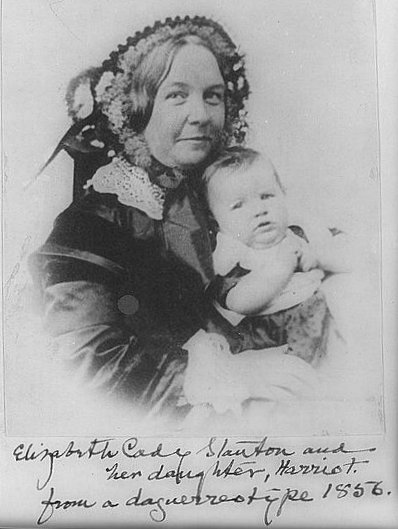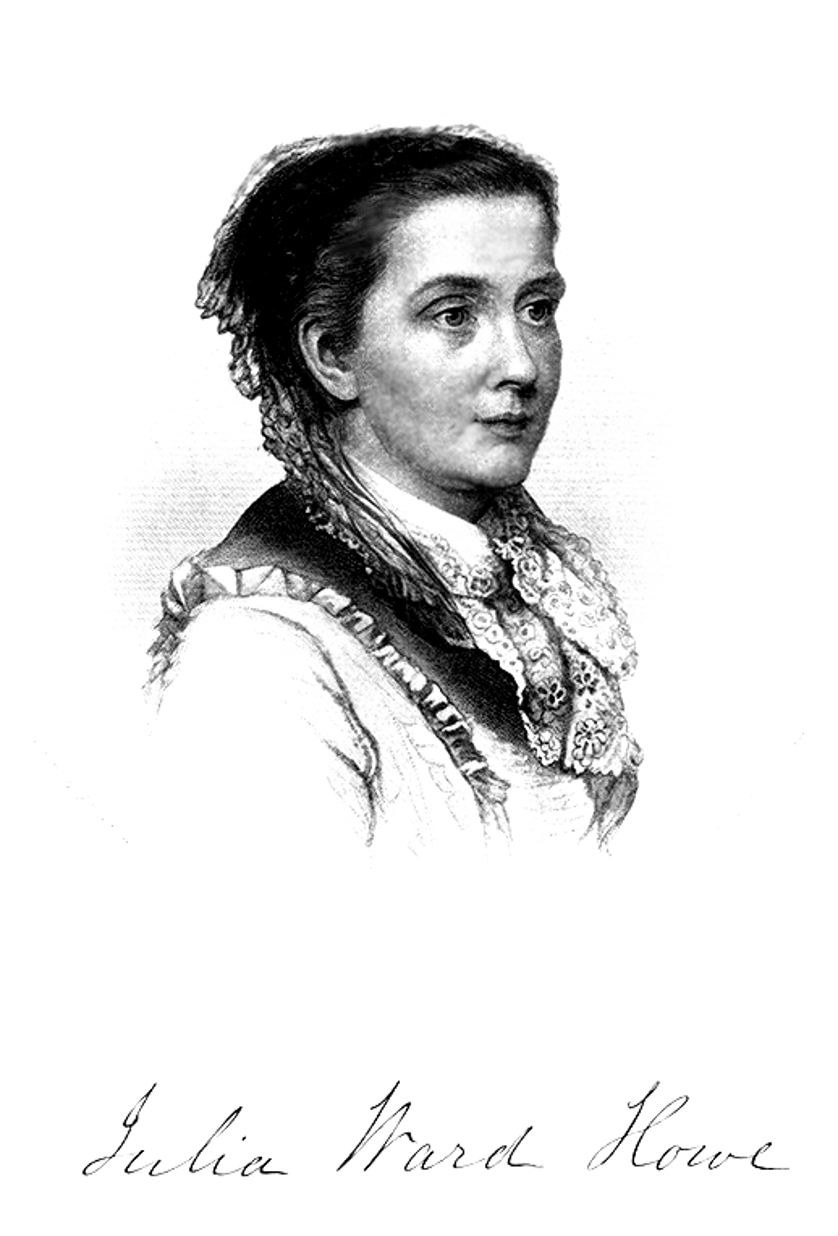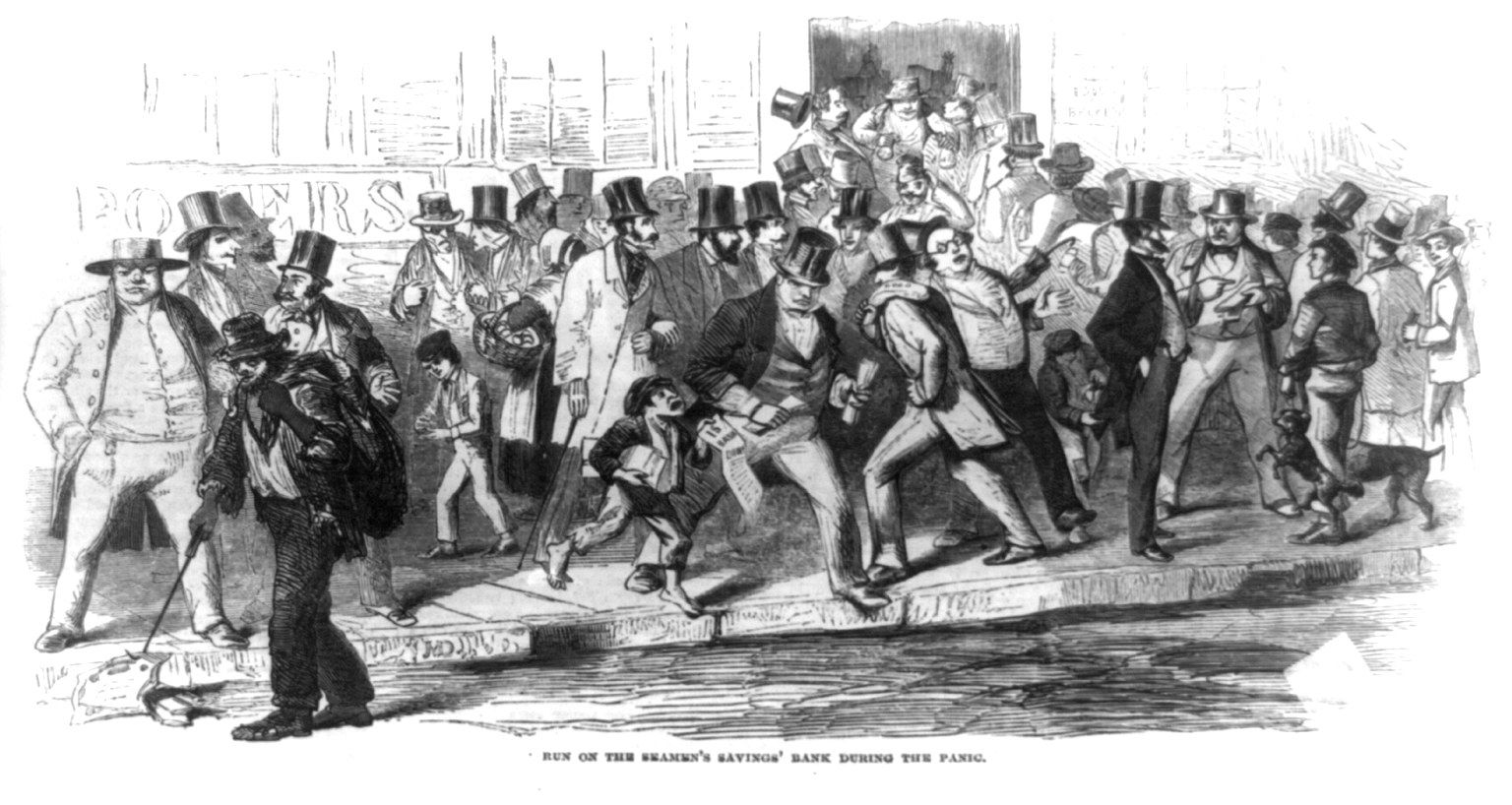|
Henry B. Blackwell
Henry Browne Blackwell (May 4, 1825 – September 7, 1909), was an American advocate for social and economic reform. He was one of the founders of the Republican Party and the American Woman Suffrage Association. He published ''Woman's Journal'', starting in 1870 in Boston, Massachusetts, with Lucy Stone. Early life Henry Blackwell was born May 4, 1825, in Bristol, Gloucestershire, England, the seventh of nine children of Samuel Blackwell and Hannah Lane Blackwell. Blackwell's father, a sugar refiner whose livelihood conflicted with his abolitionist principles, experimented with making beet sugar as an alternative to slave-grown cane sugar. In 1832, the family – including eight children and their father's sister Mary – emigrated to the United States. The family settled first in New York, where Blackwell's father established a sugar refinery and the ninth child was born, and then just outside New York in Jersey City. Blackwell's father took an interest in the nascent aboli ... [...More Info...] [...Related Items...] OR: [Wikipedia] [Google] [Baidu] |
Bristol
Bristol () is a city, ceremonial county and unitary authority in England. Situated on the River Avon, it is bordered by the ceremonial counties of Gloucestershire to the north and Somerset to the south. Bristol is the most populous city in South West England. The wider Bristol Built-up Area is the eleventh most populous urban area in the United Kingdom. Iron Age hillforts and Roman villas were built near the confluence of the rivers Frome and Avon. Around the beginning of the 11th century, the settlement was known as (Old English: 'the place at the bridge'). Bristol received a royal charter in 1155 and was historically divided between Gloucestershire and Somerset until 1373 when it became a county corporate. From the 13th to the 18th century, Bristol was among the top three English cities, after London, in tax receipts. A major port, Bristol was a starting place for early voyages of exploration to the New World. On a ship out of Bristol in 1497, John Cabot, a Venetia ... [...More Info...] [...Related Items...] OR: [Wikipedia] [Google] [Baidu] |
Elizabeth Blackwell
Elizabeth Blackwell (3 February 182131 May 1910) was a British physician, notable as the first woman to receive a medical degree in the United States, and the first woman on the Medical Register of the General Medical Council for the United Kingdom. Blackwell played an important role in both the United States and the United Kingdom as a social awareness and moral reformer, and pioneered in promoting education for women in medicine. Her contributions remain celebrated with the Elizabeth Blackwell Medal, awarded annually to a woman who has made a significant contribution to the promotion of women in medicine. Blackwell was initially uninterested in a career in medicine, especially after her schoolteacher brought in a bull's eye to use as a teaching tool for studying the anatomy enabling vision. Therefore, she became a schoolteacher in order to support her family. This occupation was seen as suitable for women during the 1800s; however, she soon found it unsuitable for her. Blackw ... [...More Info...] [...Related Items...] OR: [Wikipedia] [Google] [Baidu] |
Elizabeth Cady Stanton
Elizabeth Cady Stanton (November 12, 1815 – October 26, 1902) was an American writer and activist who was a leader of the women's rights movement in the U.S. during the mid- to late-19th century. She was the main force behind the 1848 Seneca Falls Convention, the first convention to be called for the sole purpose of discussing women's rights, and was the primary author of its Declaration of Sentiments. Her demand for women's right to vote generated a controversy at the convention but quickly became a central tenet of the women's movement. She was also active in other social reform activities, especially abolitionism. In 1851, she met Susan B. Anthony and formed a decades-long partnership that was crucial to the development of the women's rights movement. During the American Civil War, they established the Women's Loyal National League to campaign for the abolition of slavery, and they led it in the largest petition drive in U.S. history up to that time. They started a newspape ... [...More Info...] [...Related Items...] OR: [Wikipedia] [Google] [Baidu] |
New England Woman Suffrage Association
The New England Woman Suffrage Association (NEWSA) was established in November 1868 to campaign for the right of women to vote in the U.S. Its principal leaders were Julia Ward Howe, its first president, and Lucy Stone, who later became president. It was active until 1920, when suffrage for women was secured by the Nineteenth Amendment to the U.S. Constitution. The NEWSA was formed during a period when a split was developing within the women's rights movement and also between one wing of that movement and the abolitionist movement. Disagreement was especially sharp over the proposal to enfranchise African American men before enfranchising women. The NEWSA, which accepted that approach, was organized partly to counter the activities of Susan B. Anthony and Elizabeth Cady Stanton, who opposed it, insisting that women and black men should be enfranchised at the same time. The NEWSA also maintained close ties with the abolitionist movement and the Republican Party whereas Stan ... [...More Info...] [...Related Items...] OR: [Wikipedia] [Google] [Baidu] |
Universal Suffrage
Universal suffrage (also called universal franchise, general suffrage, and common suffrage of the common man) gives the right to vote to all adult citizens, regardless of wealth, income, gender, social status, race, ethnicity, or political stance, subject only to certain exceptions as in the case of children, felons, and for a time, women.Suffrage ''Encyclopedia Britannica''. In its original 19th-century usage by reformers in Britain, ''universal suffrage'' was understood to mean only ; the vote was extended to women later, during the |
American Equal Rights Association
The American Equal Rights Association (AERA) was formed in 1866 in the United States. According to its constitution, its purpose was "to secure Equal Rights to all American citizens, especially the right of suffrage, irrespective of race, color or sex." Some of the more prominent reform activists of that time were members, including women and men, blacks and whites. The AERA was created by the Eleventh National Women's Rights Convention, which transformed itself into the new organization. Leaders of the women's movement had earlier suggested the creation of a similar equal rights organization through a merger of their movement with the American Anti-Slavery Society, but that organization did not accept their proposal. The AERA conducted two major campaigns during 1867. In New York, which was in the process of revising its state constitution, AERA workers collected petitions in support of women's suffrage and the removal of property requirements that discriminated specifically ag ... [...More Info...] [...Related Items...] OR: [Wikipedia] [Google] [Baidu] |
H B Blackwell And Lucy Stone Speaking Announcement, 1866
H, or h, is the eighth Letter (alphabet), letter in the Latin alphabet, used in the English alphabet, modern English alphabet, the alphabets of other western European languages and others worldwide. Its name in English is English alphabet#Letter names, ''aitch'' (pronounced , plural ''aitches''), or regionally ''haitch'' ."H" ''Oxford English Dictionary,'' 2nd edition (1989); ''Merriam-Webster's Third New International Dictionary of the English Language, Unabridged'' (1993); "aitch" or "haitch", op. cit. History The original Semitic languages, Semitic letter Heth most likely represented the voiceless pharyngeal fricative (). The form of the letter probably stood for a fence or posts. The Greek alphabet, Greek Eta (letter), Eta 'Η' in archaic Greek alphabets#Eta and /h/, archaic Greek alphabets, before coming to represent a long vowel, , still represented a similar sound, the voiceless glottal fricative . In this context, the letter eta is also known as Heta to underline t ... [...More Info...] [...Related Items...] OR: [Wikipedia] [Google] [Baidu] |
Henry Blackwell (c
*
*
{{hndis, Blackwell, Henry ...
Henry or Harry Blackwell may refer to: * Henry Browne Blackwell (1825–1909), American advocate for social and economic reform * Henry Blackwell (cricketer) (1876–1900), English cricketer * Harry Blackwell (1900–1956), English footballer See also * Blackwell (surname) Blackwell is a surname of British origin. Notable people with the surname include: * A. J. Blackwell (1842–1903), American founder of and namegiver to Blackwell, Kay County, Oklahoma * Adam Blackwell, 21st century Canadian diplomat * Alan F. B ... [...More Info...] [...Related Items...] OR: [Wikipedia] [Google] [Baidu] |
Panic Of 1857
The Panic of 1857 was a financial panic in the United States caused by the declining international economy and over-expansion of the domestic economy. Because of the invention of the telegraph by Samuel F. Morse in 1844, the Panic of 1857 was the first financial crisis to spread rapidly throughout the United States. The world economy was also more interconnected by the 1850s, which also made the Panic of 1857 the first worldwide economic crisis. In Britain, the Palmerston government circumvented the requirements of the Bank Charter Act 1844, which required gold and silver reserves to back up the amount of money in circulation. Surfacing news of this circumvention set off the Panic in Britain. Beginning in September 1857, the financial downturn did not last long, but a proper recovery was not seen until the onset of the American Civil War in 1861. The sinking of contributed to the panic of 1857, as New York banks were awaiting a much-needed shipment of gold. American banks ... [...More Info...] [...Related Items...] OR: [Wikipedia] [Google] [Baidu] |
Thomas Wentworth Higginson
Thomas Wentworth Higginson (December 22, 1823May 9, 1911) was an American Unitarian minister, author, abolitionist, politician, and soldier. He was active in the American Abolitionism movement during the 1840s and 1850s, identifying himself with disunion and militant abolitionism. He was a member of the Secret Six who supported John Brown. During the Civil War, he served as colonel of the 1st South Carolina Volunteers, the first federally authorized black regiment, from 1862 to 1864. Following the war, he wrote about his experiences with African American soldiers and devoted much of the rest of his life to fighting for the rights of freed people, women, and other disfranchised peoples. Early life and education Higginson was born in Cambridge, Massachusetts, on December 22, 1823. He was a descendant of Francis Higginson, a Puritan minister and immigrant to the colony of Massachusetts Bay. His father, Stephen Higginson (born in Salem, Massachusetts, November 20, 1770; died in Camb ... [...More Info...] [...Related Items...] OR: [Wikipedia] [Google] [Baidu] |
Family Stone-Blackwell
Family (from la, familia) is a group of people related either by consanguinity (by recognized birth) or affinity (by marriage or other relationship). The purpose of the family is to maintain the well-being of its members and of society. Ideally, families offer predictability, structure, and safety as members mature and learn to participate in the community. Historically, most human societies use family as the primary locus of attachment, nurturance, and socialization. Anthropologists classify most family organizations as matrifocal (a mother and her children), patrifocal (a father and his children), conjugal (a wife, her husband, and children, also called the nuclear family), avuncular (a man, his sister, and her children), or extended (in addition to parents and children, may include grandparents, aunts, uncles, or cousins). The field of genealogy aims to trace family lineages through history. The family is also an important economic unit studied in family economics. The ... [...More Info...] [...Related Items...] OR: [Wikipedia] [Google] [Baidu] |
Anna Ella Carroll
Anna Ella Carroll (August 29, 1815 – February 19, 1894) was an American political activist, pamphleteer and lobbyist. She wrote many pamphlets criticizing slavery. She played a significant role as an adviser to the Lincoln presidential cabinet during the American Civil War (1861-1865). Early life Anna Carroll was born in 1815 on the Eastern Shore of Maryland into a prominent upper-class, religiously mixed Catholic-Protestant family. Her father was Thomas King Carroll, a planter who served as Maryland governor in 1830; he owned a tobacco plantation in Somerset County. She was born into a very wealthy and prominent family in her state and city: her great-grandfather, Charles Carroll of Carrollton, was one of the signers of the Declaration of Independence and the last surviving signers and a delegate to the Second Continental Congress and later in the new Congress of the United States, her father was the Governor of Maryland from 1830–1831, and her mother was the daughter o ... [...More Info...] [...Related Items...] OR: [Wikipedia] [Google] [Baidu] |








